#nur masalha
Text

Gaza City's Women's Associations, mid-1940s
(via Nur Masalha نور ﺍﻟﺪﻳﻦ مصالحة, via Nayla Fayez al-Wa'ri نائلة الوعري)
137 notes
·
View notes
Text

11 notes
·
View notes
Text
Palestine: A Four Thousand Year History (Nur Masalha)
Some of the most ridiculous talking points that I have come across while having conversations with zionists these last 100+ days have been that “there is no Palestinian people” or “there is no such thing as the history of Palestine.” I personally don’t understand how the hypothetical nonexistence of a state could possibly justify the murder of civilians, but apparently, some people think human…
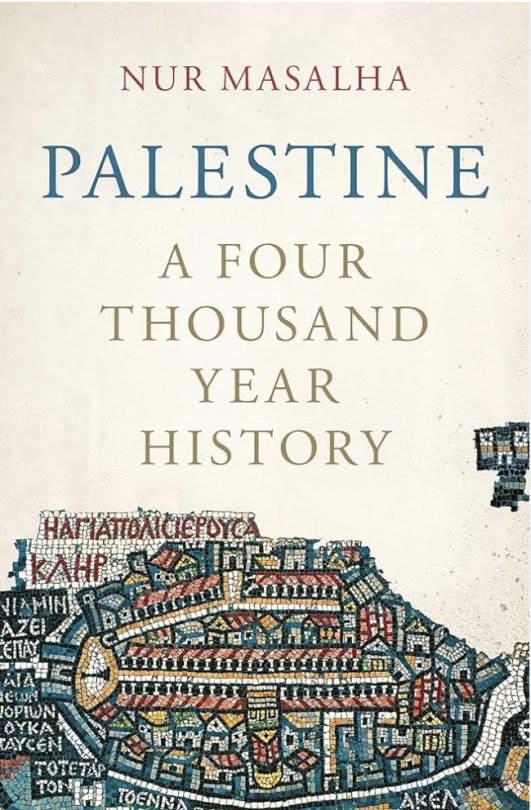
View On WordPress
#100 Books for 2023#Book Review#Books#colonialism#Essays#Gaza#Genocide#israel#Nur Masalha#Palestine#politics
2 notes
·
View notes
Text
Another clause of [Tochnit Dalet, Haganah’s plan for the expulsion of the Palestinians,] provided for the “encirclement of the central Arab municipal area and its isolation from external transportation routes, as well as the termination of its vital services (water, electricity, fuel, etc.), as far as possible.”
—Nur Masalha, from Expulsion of the Palestinians: The Concept of "Transfer" in Zionist Political Thought, 1882-1948
5 notes
·
View notes
Text
Cutting Through: Universalism vs Nationalism In Hollywood
In the latest edition of the Cutting Through newsletter, I look at the radical and antisemitic response of self-styled “Jewish creatives” whop excoriate Jonathan Glazer for daring to explain that his message about the Holocaust was universal and that his Jewish identity demands that he objects to the slaughter in Gaza.
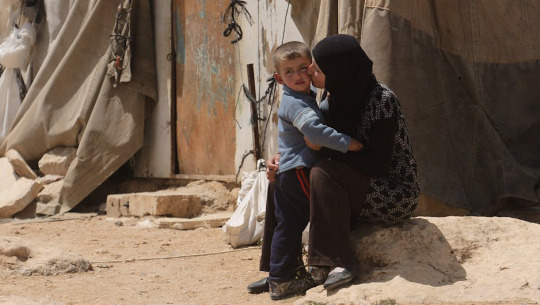
View On WordPress
#AIPAC#Chuck Schumer#Gaza#Haskalah#Holocaust#Jewish creatives letter#Jewish nationalism#Jonathan Glazer#Nationalism#Nur Masalha#Oscars#Sarah Schulman#Zionism
0 notes
Text

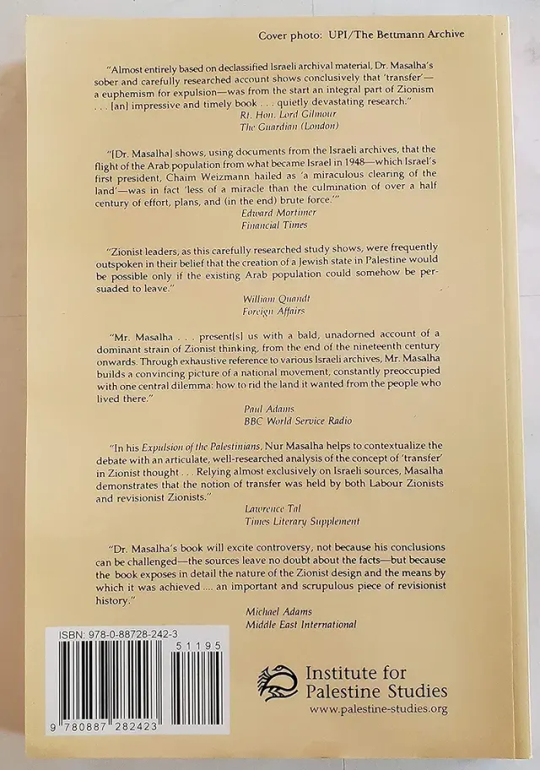
book recommendation
1 note
·
View note
Note
Hi! You're early zionists quotes is educational and so important. I think there might have been a mistake there in one of the years, it says 1995 which sounds out-of-place, just wanted to let you know.
Thank you ✊🇵🇸
Oh my god...thank you so much for telling me
4 notes
·
View notes
Note
I believe the word Palestine was first written in 5 BCE to refer to a part of Syria specifically. So I was curious about you saying how "Palestine" as a nation goes back 4000 years? From what I've read, the land was called Judaea in pre-biblical times, and then was renamed Syria Palaestina when it was corporated as a Roman province. The people who are from what is today variously Syria/Jordan/Lebanon/Iraq and migrated to the land only began to identify as Palestinian in the 1960s for the national resistance movement (because it had been known as Mandatory Palestine in the 1900s under the British) -- however even pre-British rule, under the Ottoman Empire it was referred to as "Southern Syria" by many who migrated and lived there over hundreds of years, and/or had varying names because the land (known as "Palestine" now) was divided with no one centralised administrative control. I'm in no way saying this delegitimises the liberation struggle for people known as Palestinian today obviously (and I grew up with a friend from there, whose family fled from Israel, who identified as Palestinian + Lebanese simultaneously for political/personal reasons which adds to my understanding of this) Saying Palestine has 4000 years of history seems to me like saying any country has 4000 years of history just because the land existed at all, even though the term is relatively recent & was only ever first used within the common era, and the land had multiple other earlier names, even during the Ottoman rule right before the British gave the name of "Mandatory Palestine" to specified territories within the last century.
This is not true actually, palestine was referred to as palestine in Assyrian transcriptions and among greek scholars. I really recommend reading "Palestine: a 4000 year history" by nur masalha. It dates the use of the word Palestine and describes how zionists often manipulate archeology to align with biblical stories. He also goes more specifically into the names of different regions (Gaza, Askelon, etc) and describes their relevance to identifying Palestine.
Now I feel like I was misunderstood a little that Palestine was a "nation" because in arabic there are 2 words to describe this, "watan" which is more contemporary and used in the 18th century i believe and "balad" which is far far older. Both terms have different implications. I can't exactly describe it but when I say "nation" I'm not speaking contemporarily. Masalha discusses this too.
But yeah he also discusses how Philistines were not a seafaring people as commonly thought but archeological finds suggest that we're indigenous to the geographic area of Palestine.
There's more but even just the introduction summarizes the history of the word "Palestine" and the colonial implications of denying its relevance. Really recommend a lot of Masalha's books actually.
554 notes
·
View notes
Text
– Read About Palestine –
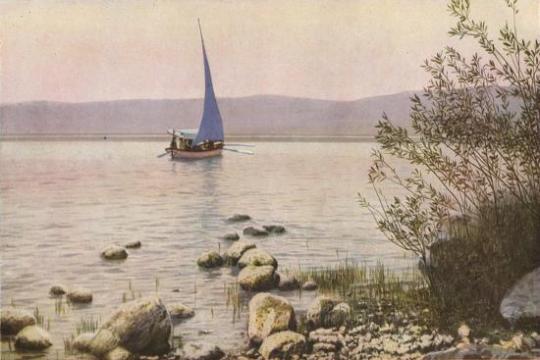
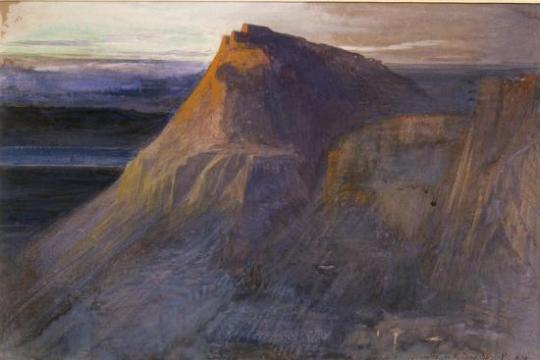
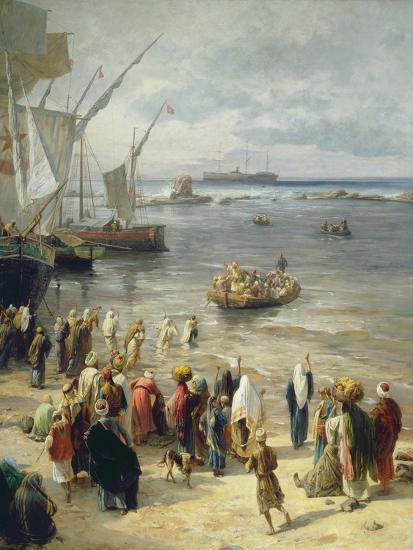
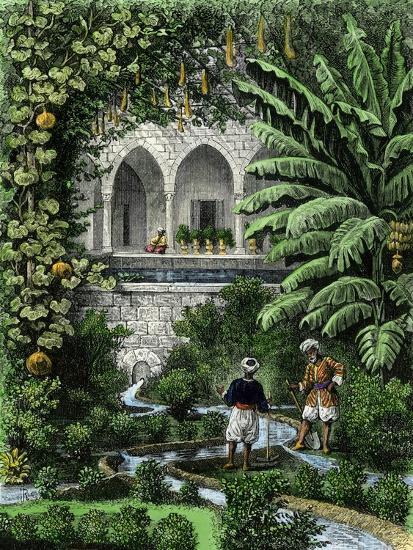

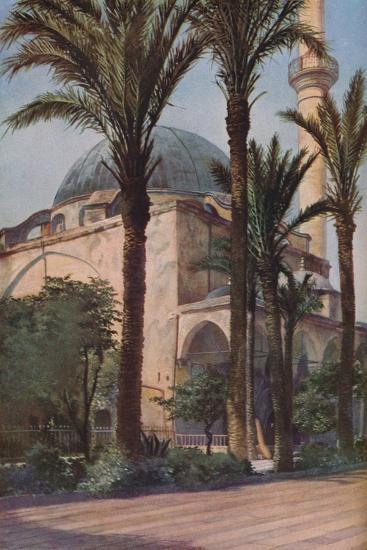
⚡️Fateful Triangle: The United States, Israel, and the Palestinians by Noam Chomsky
⚡️On Palestine By Noam Chomsky, Ilan Pappe and Frank Barat
⚡️The Ethnic Cleansing of Palestine by Ilan Pappe
⚡️The Hundred Years' War on Palestine by Rashid Khalidi
⚡️The Way to the Spring Life and Death in Palestine by Ben Ehrenreich
⚡️The Question of Palestine by Edward Said
⚡️Except for Palestine The Limits of Progressive Politics by Marc Lamont Hill, Mitchell Plitnick
⚡️Palestine A Four Thousand Year History by Nur Masalha
⚡️Where the Line Is Drawn by Raja Shehadeh
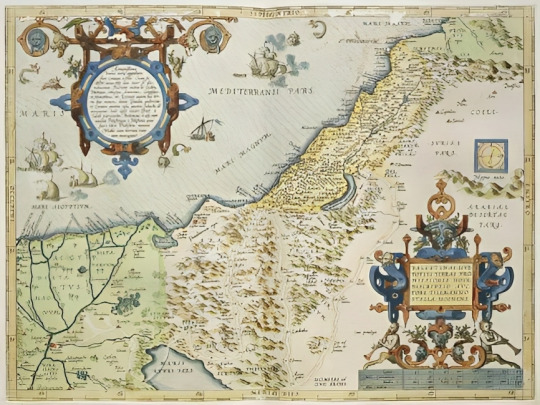
Israeli-Palestinian Discourse // Quotes
Artworks: Palestine', c1930s by Donald Mcleish // Masada on the Dead Sea, Palestine, 1859 by Edward Lear // Jaffa, Recruiting of Turkish Soldiers in Palestine, 1888 by Gustave Bauernfeind // Gourds Grown as a Vine in an Arab Garden, Palestine, 19th Century // Hishams Palace, West Bank, Palestine by Vivienne Sharp // Palestine', c1930s by Donald Mcleish // Palestine, from Theatrum Orbis Terrarum, Antwerp, Plate, 1570 by Achille Cattaneo
#palestine#book recs#noam chomsky#history#ethnic cleansing#to read#book reccs#art#books and libraries#art work#illustration#فلسطين#decolonisation#painting#edward w. said#palestine under attack#culture#edward said#dark academia#booklr#books & libraries#books and reading#map#resistance#nonfiction#gaza
492 notes
·
View notes
Text

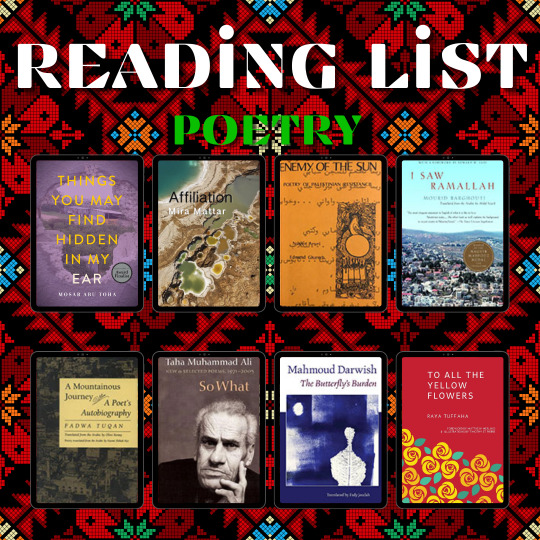
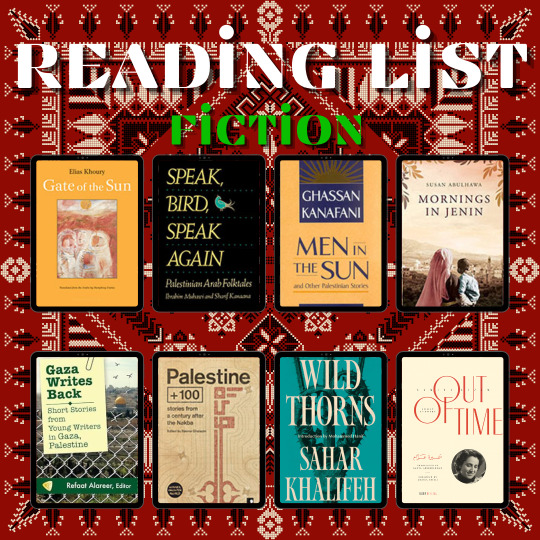
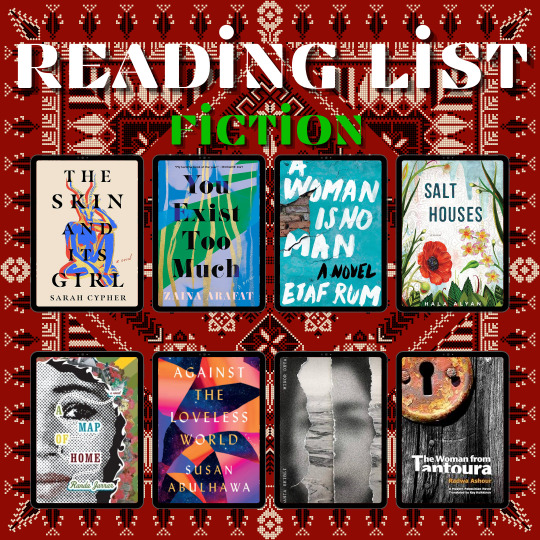
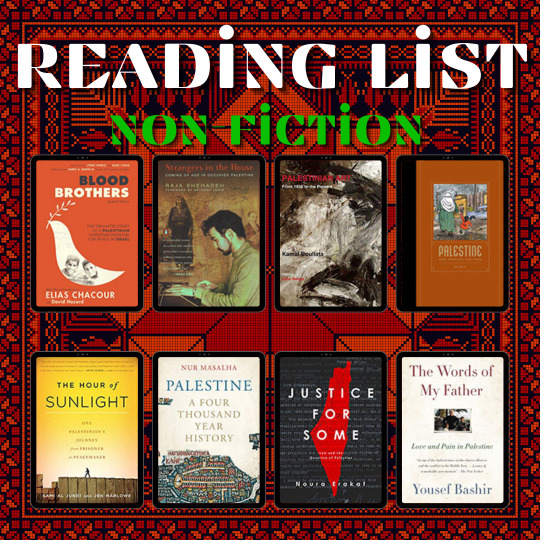

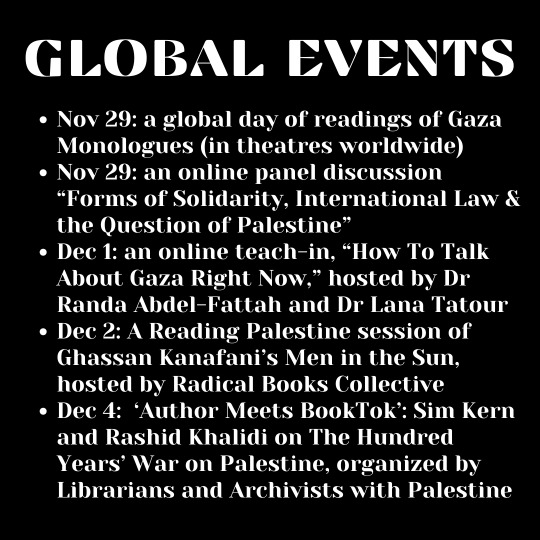
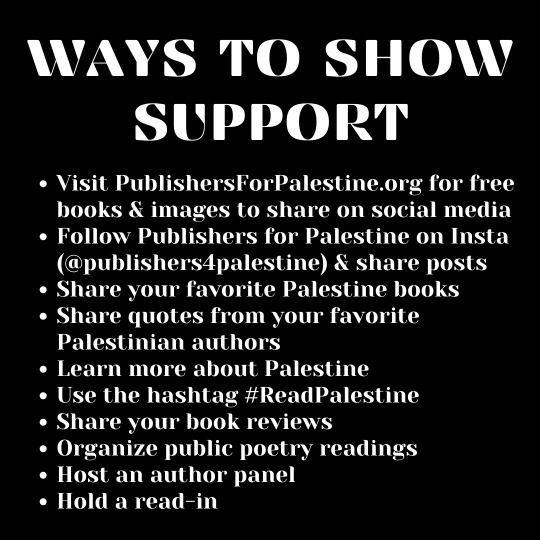
Read Palestine Week
🇵🇸 Good morning, my beautiful bookish bats. Can I start by saying a huge THANK YOU for sharing my Queer Palestinian Book post? Seriously, thank you so much. Let's keep that momentum by observing Read Palestine Week (Nov 29 - Dec 5). I've compiled a list of books to help you, along with a list of upcoming events and resources you can use this week and beyond.
🇵🇸 A collective of over 350 global publishers and individuals issued a public statement expressing solidarity with the Palestinian people. Publishers for Palestine have organized an international #ReadPalestine week, starting today (International Day of Solidarity with the Palestinian People).
🇵🇸 These publishers have made many resources and e-books available for free (with more to come). A few include award-winning fiction and poetry by Palestinian and Palestinian diaspora authors. You'll also find non-fiction books about Palestinian history, politics, arts, culture, and “books about organizing, resistance, and solidarity for a Free Palestine.” You can visit publishersforpalestine.org to download some of the books they have available.
POETRY
🌙 Things You May Find Hidden in My Ear by Mosab Abu Toha
🌙 Affiliation by Mira Mattar
🌙 Enemy of the Sun by Samih al-Qasim
🌙 I Saw Ramallah by Mourid Barghouti
🌙 A Mountainous Journey by Fadwa Tuqan
🌙 So What by Taha Muhammad Ali
🌙 The Butterfly’s Burden by Mahmoud Darwish
🌙 To All the Yellow Flowers by Raya Tuffaha
FICTION
🌙 Gate of the Sun by Elias Khoury
🌙 Speak, Bird, Speak Again: Palestinian Arab Folktales
🌙 Men in the Sun by Ghassan Kanafani
🌙 Morning in Jenin by Susan Abulhawa
🌙 Gaze Writes Back by Young Writers in Gaze
🌙 Palestine +100:Stories from a Century after the Nakba
🌙 Wild Thorns by Sahar Khalifeh
🌙 Out of Time by Samira Azzam
🌙 The Skin and Its Girl by Sarah Cypher
🌙 You Exist Too Much by Zaina Arafat
🌙 A Woman is No Man by Etaf Rum
🌙 Salt Houses by Hala Alyan
🌙 A Map of Home by Randa Jarrar
🌙 Against the Loveless World by Susan Abulhawa
🌙 Minor Detail by Adania Shibli
🌙 The Woman From Tantoura by Radwa Ashour
NON-FICTION
🌙 Blood Brothers by Elias Chacour
🌙 Strangers in the House: Coming of Age in Occupied Palestine by Raja Shehadeh
🌙 Palestinian Art, 1850–2005 by Kamal Boullata
🌙 Palestine by Joe Sacco
🌙 The Hour of Sunlight: One Palestinian’s Journey from Prisoner to Peacemaker by Sami Al Jundi & Jen Marlowe
🌙 Palestine: A Four Thousand Year History by Nur Masalha
🌙 Justice for Some: Law and the Question of Palestine by Noura Erakat
🌙 The Words of My Father: Love and Pain in Palestine by Yousef Khalil Bashir
🌙 Traditional Palestinian Costume: Origins and Evolution by Hanan Karaman Munayyer
🌙 Mountain against the Sea: Essays on Palestinian Society and Culture by Salim Tamari
🌙 This Is Not a Border: Reportage and Reflection from the Palestine Festival of Literature
🌙 We Could Have Been Friends, My Father and I: A Palestinian Memoir, by Raja Shehadeh
🌙 Les échos de la mémoire. Une enfance palestinienne à Jérusalem, by Issa J. Boullata
🌙 A Party For Thaera: Palestinian Women Write Life In Prison
🌙 Light in Gaza: Writings Born of Fire,
🌙 Voices of the Nakba: A Living History of Palestine
#free palestine#save palestine#books#book list#book recs#book recommendation#booklr#book blog#batty about books#battyaboutbooks#arab american heritage month#arab american writers#palestinian writers#palestinian poetry#poetry#poetry books#nonfiction#fiction books#queer fiction#queer community#queer books#muslim writers#read palestine week
208 notes
·
View notes
Text

Decolonizing the Study of Palestine. Indigenous Perspectives and Settler Colonialism after Elia Zureik, Edited by Ahmad H. Sa'di (احمد سعدي) and Nur Masalha (نور ﺍﻟﺪﻳﻦ مصالحة), Bloomsbury Publishing Plc, London, 2023
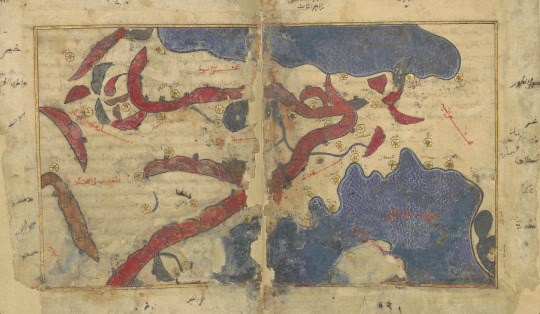
Cover Art: Muḥammad ibn Muḥammad al-Idrīsī (محمد بن محمد الإديسي), Nuzhat al-mushtāq fi'khtirāq al-āfāq, [map of Syria, Palestine, Sinai], [1154], 1250-1325 [Département des Manuscrits, Bibliothèque nationale de France, Paris. Library of Congress, Washington, D.C.]
#graphic design#history#historiography#geography#map#book#cover#book cover#ahmad h. sa'di#nur masalha#bloomsbury publishing plc#bibliothèque nationale de france#library of congress#1250s#1320s#2020s
32 notes
·
View notes
Text
resources to learn about Palestine
Palestine, A Four Thousand Year History - - Nur Masalha
The Hundred Years War On Palestine: A History Of Settler Colonial Conquest And Resistance by Rashid Khalidi
The Ethnic Cleansing of Palestine Ilan Pappé
the palestine pod
this is palestine
isrealism
gaza fights for freedom
tantura
#tiktok#gaza#war crimes#palestine#history#palestine resources#resources#books#free books#ebooks#podcasts#documentary
19 notes
·
View notes
Text
On 5 June Weitz met Ben-Gurion, now prime minister, in Tel Aviv and gave to him the Transfer Committee’s “Scheme for the Solution of the Arab Problem in the State of Israel,” contined in a three-page memorandum signed by Weitz, Danin, and Sasson. The memorandum, entitled “Retrospective Transfer,” called for preventing Arabs from returning to their homes; destroying Arab villages during military operations; preventing cultivation (and harvesting) of Arab lands; settling Jews in Arab towns and villages; instituting legislation barring the return of the refugees; launching a propaganda campaign designed to discourage the return of refugees; and campaigning for the resettlement of the refugees in other places.
—Nur Masalha, from Expulsion of the Palestinians: The Concept of "Transfer" in Zionist Political Thought, 1882-1948
2 notes
·
View notes
Text
Free audiobooks about Palestine on Hoopla Digital
Hoopla is a digital media platform available for free through participating public libraries in the USA, Canada, Australia, and Aotearoa New Zealand. Through Hoopla, you can check out ebooks, audiobooks, comics, manga, music, movies, and TV. Once again, this service is free to use on your phone, PC, tablet, and other devices.
The Hundred Years' War on Palestine by Rashid Khalidi
Justice for Some: Law and the Question of Palestine by Noura Erakat
Palestine: A Four Thousand Year History by Nur ad-Din Masalha
The Ethnic Cleansing Of Palestine and The Biggest Prison on Earth by Ilan Pappé
Palestinian Walks by Raja Shehadeh
I Shall Not Hate by Dr. Izzeldin Abuelaish
On Palestine by Noam Chomsky and Ilan Pappé
More resources:
Australia, Canada, UK, USA: Contact your representative, demand ceasefire
Palestine masterlist by @palipunk
Google Drive collection and masterpost of informational and educational resources about Palestine by @hussyknee
#ceasefireNOW#ceasefire now#end apartheid#end the apartheid#stop the genocide#end the genocide#Gaza genocide#Palestine genocide#Palestinian genocide#Pray for Palestine#Ghazza#Gaza#Gaza strip#Palestine#genocide#Hoopla#audiobook#Hoopla Digital#it was never about Hamas#I know this is a very silly fan blog but I don't really do other social media. So it's going up here.#Never too late to learn.
18 notes
·
View notes
Text
There's this quote from I think edward Said I'm not sure but it was basically like "one can learn everything and find all the answers to how the Nakba happened how we lost our country in minute detail and yet still ask why it happened." Like as a kid I started to read probably around 11/12 years old what I could process and understand thanks to actual palestinians on tumblr who r mostly not active on here and they'd have faq lists. And at this age I've read illan pappe, nur masalha, Walid khalidi, and plenty of palestinian databases and plenty of zionist literature and I know how it happened and I know about British complicity and I know how damaging the British crushing of the revolt was and I know it paved the way to the Nakba and I know and I know but I still have that part of me that is angry that it happened and how it feels like almost a glitch in the timeline. What should've happen was the end of British occupation and independence and who knows how reactionary that rule would've been and who knows if the Jordanian monarchy would've taken over and who knows but that's what should've happen.
44 notes
·
View notes
Note
i forgot abt those: 3, 5, 6, 12, 17, 24
Wow, those are lots of questions! But i love it! #3 i already answered.
5: beat generation literature by far. I plan to continue this year with on the road and naked lunch, if i am lucky. For now i am just reading my driving licence manual😭
6: all of the political essays i downloaded this year, but the one i look forward the most is "palestine: a four thousand years history" by Nur Masalha
12: nôtre dame de paris by victor hugo. It has its qualities, but they cannot make up for how it is overall boring. I liked maybe 2 chapters?! Not for me, really.
17: i replied to this in my earlier ask, but again, desolation angels by kerouac
24: pollyanna and les miserables. I think i deserved some money for ever starting those
6 notes
·
View notes